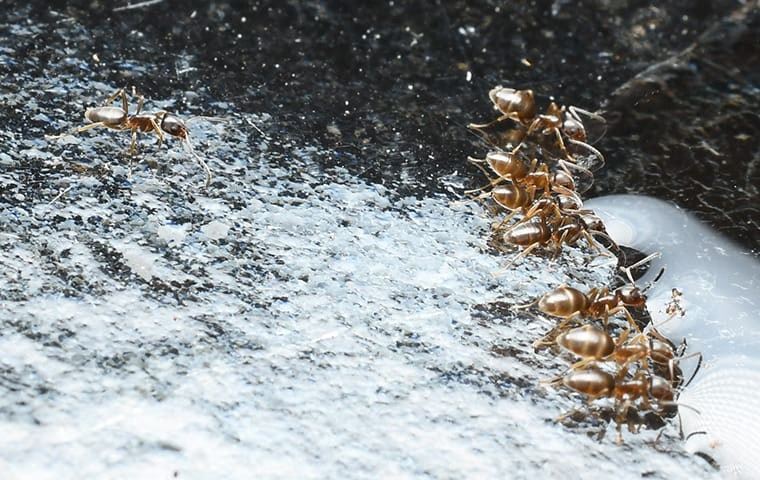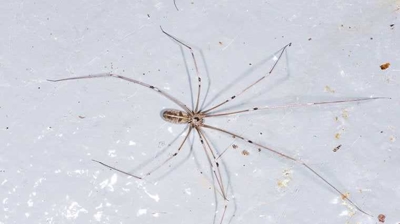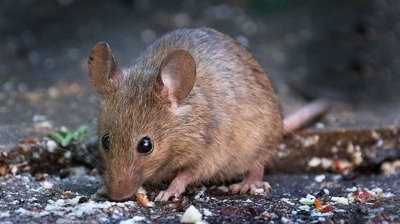
Odorous House Ants Identification & Prevention
Frequently Asked Questions about Odorous House Ants
Have questions? We are here to help. Still have questions or can't find the answer you need? Give us a call at 252-424-7966 today!

-
How can I prevent odorous house ants in the future?
Pests are not just a nuisance; they pose potential health risks and are capable of damaging property.
- Avoid problems with odorous house ants with the help of the following prevention tips.
- Seal up openings in your foundation and the exterior walls of your house.
- Seal off spaces around utilities (pipes, wire, and ducts).
- Use a dehumidifier to keep moisture levels in your home low.
- Fix leaky pipes and fixtures.
- Trim back tree branches away from your home’s exterior walls.
- Clean up fruits and vegetables that fall to the ground in garden areas.
- Place tight-fitting lids on all trash cans and compost bins.
-
How do I get rid of odorous house ants?
Acquiring help from a professional pest control expert is the best way to control odorous house ants and keep them from returning. At Albemarle Termite & Pest Control, our technicians are highly trained and dedicated to providing safe and effective home pest control services that are affordable. We are a local pest control company whose number one priority is putting our customers first and exceeding expectations. For home or business owners looking to control pests on their property once and for all, call Albemarle Termite & Pest Control today!
-
Where will I find odorous house ants?Odorous house ants will nest indoors behind wall voids or under floors near sources of moisture and warmth (pipes, sinks, heaters). They also like to nest in termite-damaged wood. Their presence in or around your home may be an indicator of a moisture problem. Outside, they nest in the moist soil under mulch, fallen trees, woodpiles, or rock piles.
-
Why do I have an odorous house ant problem?
Odorous house ants love to feed on honeydew—a sweet, sticky liquid produced by aphids and other garden pests. Properties with gardens attract odorous house ants. They also forage food in open trash cans, compost bins, and bowls of pet food.
While out foraging for food, these ants often find their way into homes through cracks and crevices in the foundation, spaces under doors, or along wires and pipes entering a house. Odorous house ants may also move inside when the weather becomes too hot and dry for them to live comfortably.
-
Are odorous house ants dangerous?Odorous house ants invade homes in large numbers, are difficult to control, and contaminate food sources. However, these ants are not dangerous and create no significant health risks to people or property.
-
What are odorous house ants?Odorous house ants are a native species to the United States. These small ants range from 1/16 to 1/8 of an inch long, and they are black or brown. You can identify odorous house ants by the foul-smelling odor they emit after being crushed. Odorous house ants live together in colonies with a few thousand ants and many queens. These common invaders in homes and other structures feed on a variety of foods but do tend to prefer sweets.



